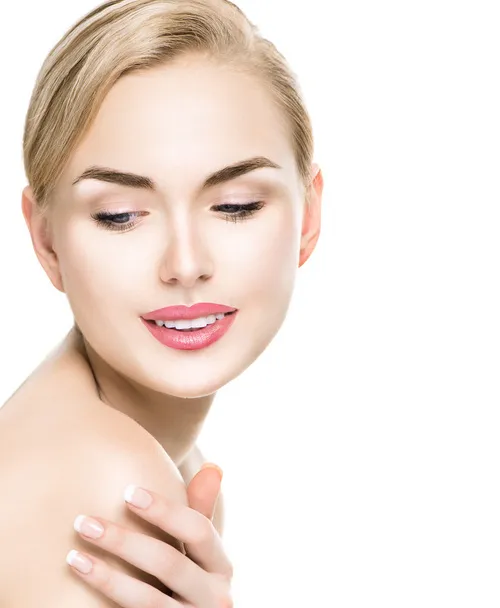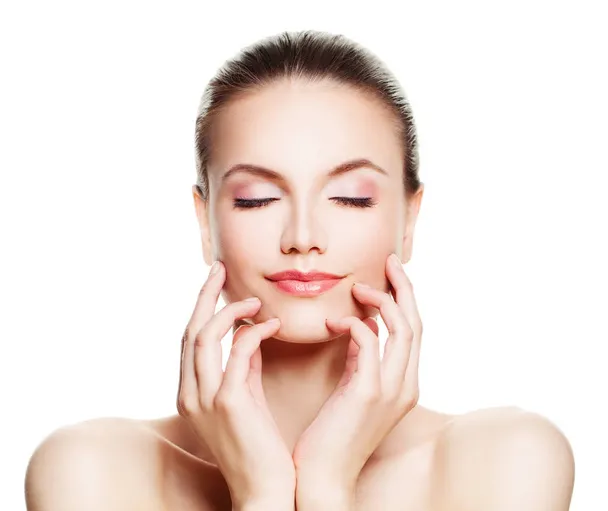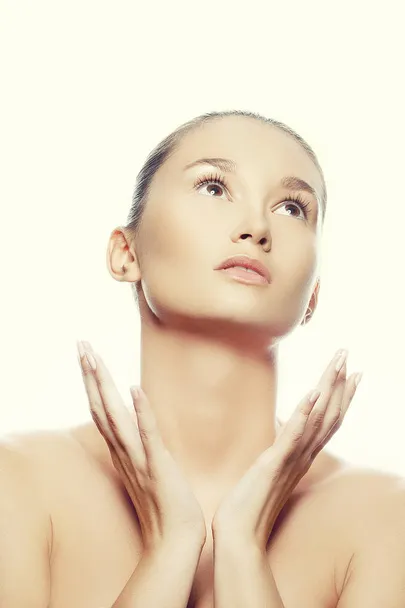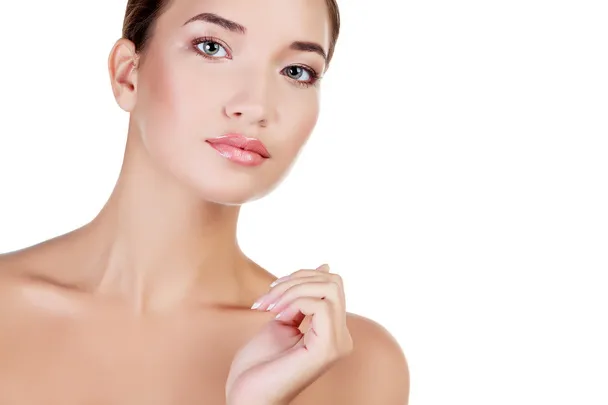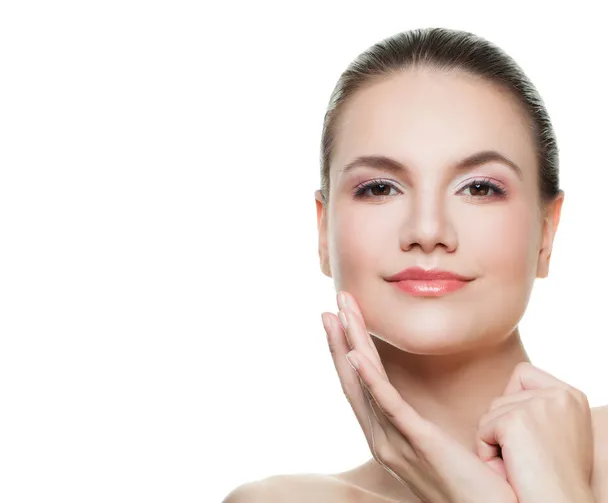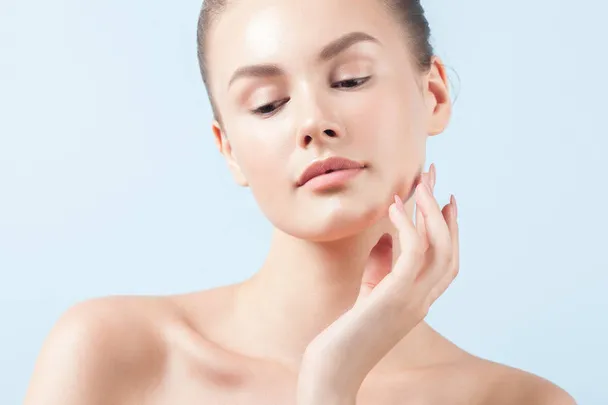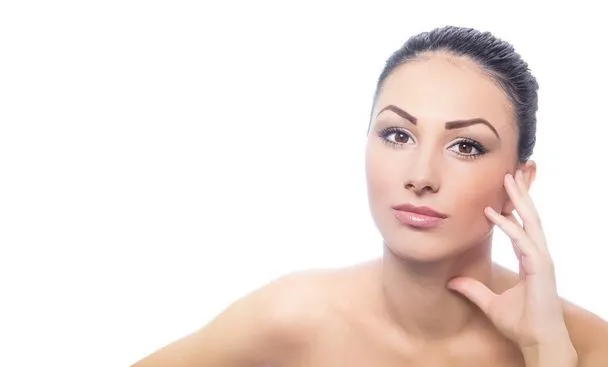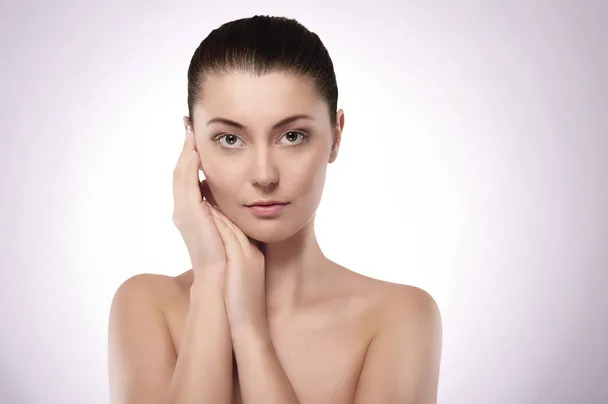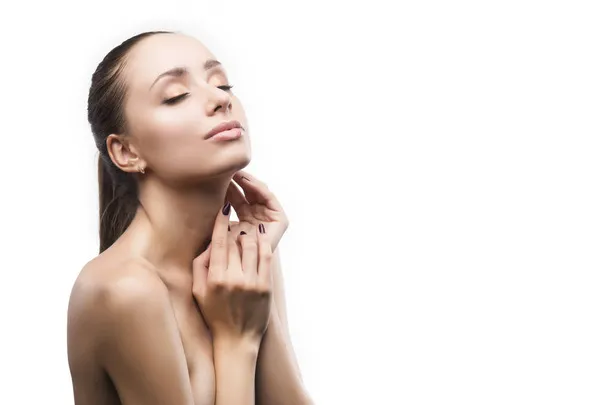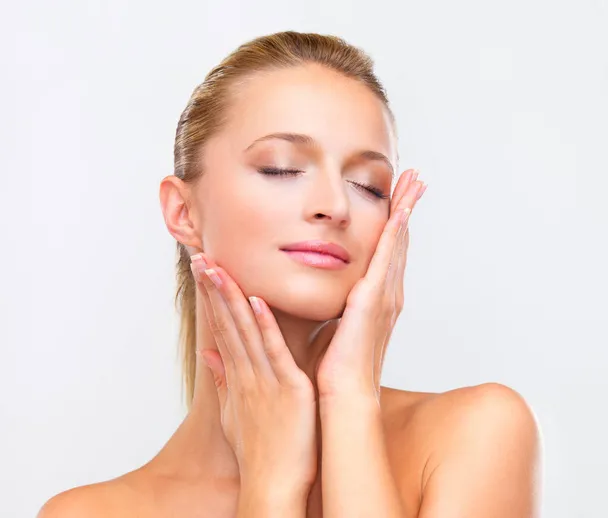Does Tattooing Enhance Facial Beauty? The Impact of Tattoos on Facial Attractiveness and Beauty
Tattooing has become increasingly popular as a form of self-expression and body adornment, with individuals choosing to ink various parts of their bodies, including their faces. However, the question remains: does tattooing enhance facial beauty? This article delves into the complex relationship between tattoos and facial attractiveness, exploring the psychological, social, and cultural factors that influence perceptions of beauty in the context of facial tattoos.
Cultural Perceptions of Facial Tattoos:
Throughout history, facial tattoos have been imbued with diverse meanings and significance across different cultures worldwide. In certain societies, facial tattoos serve as potent symbols of status, identity, or cultural heritage, deeply ingrained in the social fabric and traditions of the community. For example, in indigenous cultures such as the Maori of New Zealand or the Ainu of Japan, facial tattoos known as moko or kuttari respectively, carry deep cultural and spiritual significance, representing lineage, social rank, and personal achievements. These tattoos are considered sacred symbols of identity and belonging, reflecting the wearer’s connection to their ancestors and cultural heritage.
Conversely, in other cultural contexts, facial tattoos may carry associations with rebellion, nonconformity, or subcultures that challenge mainstream norms and values. In Western societies, for instance, facial tattoos have often been associated with countercultural movements such as punk, goth, or alternative lifestyles, where body modification serves as a form of self-expression and defiance against societal conventions. These tattoos may symbolize resistance to authority, rejection of mainstream beauty standards, or allegiance to specific subcultures or ideologies.
Understanding the cultural context in which facial tattoos are perceived is essential for examining their impact on facial beauty and attractiveness. In cultures where facial tattoos are revered as symbols of identity and cultural heritage, they may be viewed as enhancing facial beauty by adding depth, character, and cultural significance to the wearer’s appearance. Conversely, in cultures where facial tattoos are associated with rebellion or nonconformity, perceptions of facial beauty may be more nuanced, with some individuals finding facial tattoos attractive and edgy, while others may view them as unconventional or even unattractive.
Furthermore, the cultural significance of facial tattoos can vary within the same society or community, depending on factors such as age, gender, and social status. What may be considered beautiful or attractive to one individual or group may be perceived differently by another, highlighting the subjective nature of beauty and the importance of cultural context in shaping perceptions of facial tattoos.
Psychological Perspectives:
From a psychological perspective, perceptions of facial beauty are shaped by a complex interplay of factors, including symmetry, proportion, and facial features. Research has shown that humans are naturally drawn to faces that exhibit symmetrical features and balanced proportions, as these are often perceived as more aesthetically pleasing and attractive. Symmetry is thought to signal good health and genetic fitness, making it a key determinant of facial attractiveness.
Facial tattoos have the potential to influence these perceptions by drawing attention to specific areas of the face or accentuating certain features. Depending on the design and placement of the tattoo, it can either enhance or detract from the overall symmetry and proportionality of the face. For example, a well-placed tattoo that complements the natural contours of the face may serve to accentuate certain facial features, creating a visually striking and harmonious appearance. On the other hand, a poorly executed tattoo that disrupts facial symmetry or detracts from key features may have the opposite effect, diminishing perceived facial attractiveness.
Furthermore, individuals may associate facial tattoos with certain personality traits or characteristics, which can influence their perception of facial attractiveness. For example, tattoos have long been associated with traits such as creativity, individuality, and rebellion. Someone with a facial tattoo may be perceived as more adventurous, unconventional, or edgy, depending on societal norms and cultural context. These perceived personality traits can influence how others perceive the individual’s facial attractiveness, with some finding facial tattoos attractive and intriguing, while others may view them as unappealing or intimidating.
It’s important to note that perceptions of facial beauty and attractiveness are highly subjective and can vary significantly from person to person. What one individual finds attractive or appealing, another may find unattractive or off-putting. Cultural norms, personal preferences, and individual experiences all play a role in shaping perceptions of facial attractiveness and the impact of facial tattoos.
Social and Societal Factors: Social and societal factors exert considerable influence on the perception of facial tattoos, significantly shaping attitudes towards facial attractiveness and the acceptance of facial ink within communities. Cultural norms and societal standards of beauty vary widely across different cultures and communities, influencing how facial tattoos are perceived and evaluated.
In many cultures, facial tattoos are stigmatized or frowned upon due to prevailing social norms and traditional beauty standards. These societies may view facial tattoos as symbols of rebellion, deviance, or criminality, leading to negative perceptions of facial attractiveness among certain groups. Individuals with facial tattoos may face discrimination or social ostracization, as their appearance deviates from accepted norms of beauty and professionalism. In such contexts, facial tattoos may hinder rather than enhance perceived facial attractiveness, as they are associated with social stigma and negative stereotypes.
Conversely, in subcultures or communities where tattoos are embraced as a form of self-expression and individuality, facial tattoos may be viewed as attractive or desirable traits. These communities often prioritize personal autonomy and creative expression, valuing uniqueness and authenticity over conformity to mainstream beauty standards. In such environments, facial tattoos may be celebrated as symbols of identity, creativity, and rebellion against societal norms. Individuals with facial tattoos may be perceived as confident, bold, and authentic, embodying the values and ethos of their subculture or community.
The acceptance and perception of facial tattoos also vary depending on the cultural context and geographical location. In some indigenous cultures, facial tattoos are deeply ingrained in tradition and hold significant cultural and spiritual meaning. These societies may view facial tattoos as symbols of status, identity, or tribal affiliation, bestowing honor and respect upon those who bear them. In contrast, in Western societies, facial tattoos are often associated with countercultural movements and alternative lifestyles, challenging mainstream beauty ideals and societal conventions.
Impact on Facial Attractiveness:
The impact of facial tattoos on facial attractiveness is a complex and multifaceted phenomenon influenced by a variety of factors, including individual preferences, cultural backgrounds, and societal norms. While some individuals may find facial tattoos visually appealing and attractive, others may perceive them as detracting from facial beauty or attractiveness. The subjective nature of beauty means that opinions on facial tattoos can vary widely, with personal biases and cultural influences playing a significant role in shaping perceptions.
One of the key factors influencing the impact of facial tattoos on attractiveness is individual preferences. What one person finds attractive, another may find unappealing, and vice versa. Some individuals may be drawn to facial tattoos as a form of self-expression and individuality, appreciating the uniqueness and creativity they bring to a person’s appearance. Others may prefer a more traditional or conservative aesthetic and may view facial tattoos as unconventional or unattractive.
Cultural backgrounds also play a significant role in shaping perceptions of facial tattoos and attractiveness. In cultures where tattoos are deeply ingrained in tradition and hold cultural significance, facial tattoos may be viewed as symbols of identity, strength, or heritage. In contrast, in cultures where tattoos are less common or are associated with negative stereotypes, facial tattoos may be perceived as undesirable or unattractive.
Societal norms and expectations further influence the impact of facial tattoos on attractiveness. In some societies, facial tattoos may be stigmatized or frowned upon, leading to negative perceptions of individuals who have them. Conversely, in subcultures or communities where tattoos are embraced as a form of self-expression and rebellion against societal norms, facial tattoos may be viewed as attractive or desirable traits.
The design, placement, and size of the tattoo also play a significant role in determining its impact on facial attractiveness. Subtle and well-executed tattoos that complement the natural contours of the face may be more positively received than larger or ostentatious designs that dominate the facial features. Additionally, the placement of the tattoo can influence perceptions of attractiveness, with tattoos that are strategically placed to enhance facial symmetry and balance often being perceived more favorably.
In conclusion, the question of whether tattooing enhances facial beauty is subjective and multifaceted. While facial tattoos may enhance facial attractiveness for some individuals by adding uniqueness, personality, or cultural significance, others may perceive them as detracting from facial beauty or attractiveness. Ultimately, perceptions of facial beauty are highly individualized and influenced by a complex interplay of psychological, social, and cultural factors. As attitudes towards tattoos continue to evolve, so too will perceptions of facial beauty in the context of tattooing.

